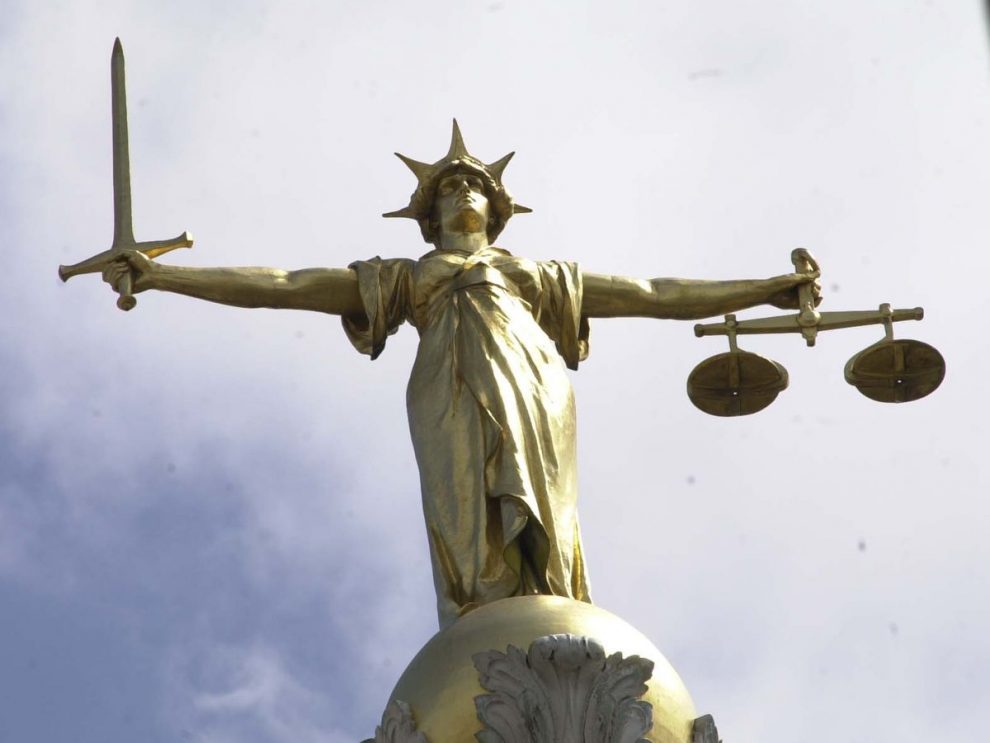Report finds young Black men disproportionately targeted in weak prosecutions
A NEW report has raised serious concerns over the way joint enterprise laws are being used to prosecute murder cases in England and Wales.
The legal charity Appeal spent six months observing seventeen trials involving joint enterprise at the Old Bailey and concluded that individuals were being charged with murder based on little more than their presence at the scene of a crime.
The joint enterprise principle, also known as secondary liability, allows someone to be convicted of a serious offence even if they did not commit the act themselves, provided they are believed to have encouraged or assisted in it. Appeal says this law is being applied too broadly, resulting in people with minor or vague links to an incident facing the same charges as the main perpetrator.
In one case highlighted by the researchers, seven teenagers were charged with murder. However, for five of them, the prosecution’s case rested almost entirely on the fact that they were voluntarily present at the scene—despite no clear evidence of participation.
The report, titled Joint Enterprise on Trial, was authored by Dr Nisha Waller and Tehreem Sultan, who criticised what they described as “overzealous charging decisions” and a failure by the Crown Prosecution Service (CPS) to filter out cases lacking strong evidence.
They found that prosecutors routinely assumed knowledge and intent, rather than proving these elements. In several trials, the evidence was described as weak or even non-existent.
The report also found that 60 percent of those prosecuted in the observed cases were Black, and nearly 80 percent came from ethnic minority backgrounds. Racial stereotypes about gangs featured heavily in the prosecution’s narratives, despite past commitments by the CPS to avoid such approaches. The only trial involving mostly white defendants was also the only one where most were granted bail.
Out of 33 defendants described by the prosecution as secondary parties to murder or attempted murder, only eight were convicted of the charge. In another trial involving 50 charges against eight defendants, only one conviction was secured.
Barrister Keir Monteith KC, who wrote the foreword to the report, described it as “seismic,” and said it offered fresh evidence of systemic racism in the criminal justice system.
He added: “The CPS must stop prosecuting young Black men simply for being near the scene of a crime. Wrongly prosecuting and remanding them is unjust, contrary to the rule of law, and financially wasteful. It has to end.”
Appeal is now calling for prosecutors, judges, and policymakers to take part in a roundtable discussion on reforming the use of joint enterprise.
In response, a spokesperson for the CPS said that every joint enterprise case is subject to senior legal review and must meet the threshold for evidence and public interest.
They said: “We assess all the available evidence to determine each person’s role in an offence. Our approach is grounded in fairness and objectivity.”













